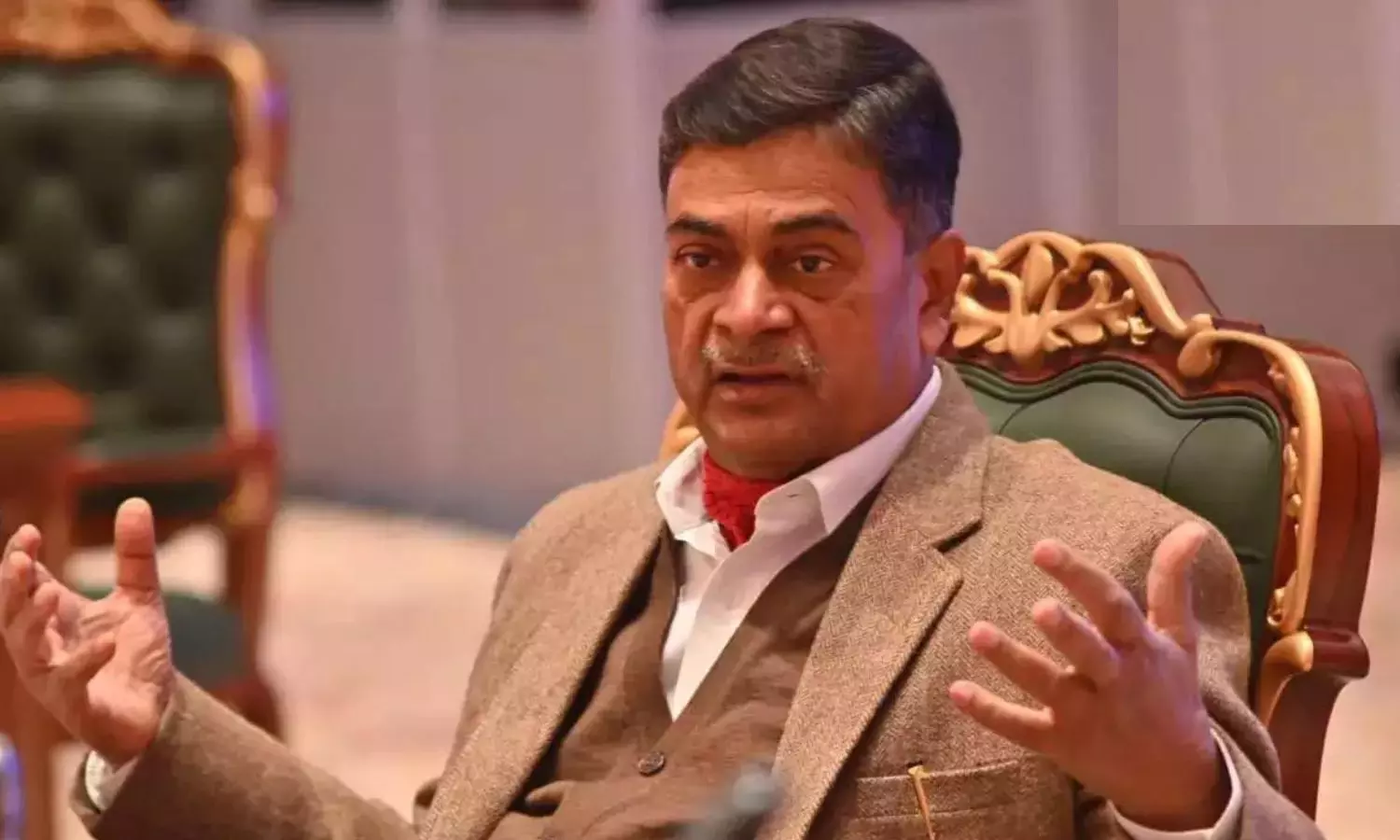Power Minister Cautions against Debt Trap from Using Borrowed Funds to Offer Free Electricity
Power Minister RK Singh warns against debt trap as states like Punjab borrow for free electricity, risking financial stability and burdening future generations.
image for illustrative purpose

Power Minister RK Singh has cautioned against the risk of falling into a debt trap for states like Punjab, which resort to using borrowed money for free electricity. He emphasized that while providing free electricity might seem appealing, it ultimately requires financial resources to sustain. Singh stressed that electricity, like any other commodity, has a cost associated with its generation. If states fail to compensate the generating utility, it may result in a shortage of electricity production.
In an interview with PTI, Singh reiterated that electricity isn't free, and states must bear the cost if they opt to provide it for free to specific consumer segments. He urged states to exercise caution and not plunge themselves into unsustainable debt trap risks in providing free electricity, especially those already grappling with high levels of indebtedness.
Singh highlighted the financial challenges of free electricity schemes faced by states that employ populist measures, such as providing free electricity, to maintain political favor. He specifically mentioned Punjab, where the Aam Aadmi Party (AAP) government, since assuming power in 2022, has implemented various populist policies, including offering free power up to 300 units per household.
These free electricity initiatives have led Punjab to borrow a substantial amount, amounting to Rs 47,000 crore in just the first two years of the AAP government's tenure, exacerbating the state's already significant debt burden.
The heavy borrowed funds for electricity subsidies has strained Punjab's finances, diverting a considerable portion of tax revenues towards servicing interest and principal payments on previous loans.
Singh warned of the long-term impact of free electricity schemes, emphasizing that states are essentially transferring the financial burden onto future generations. He cautioned that continued borrowing for short-term political gains could deprive future generations of essential infrastructure investments, such as roads, hospitals, and schools, as a significant portion of revenue would be consumed by debt repayment.

